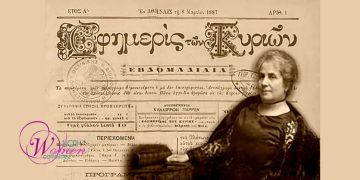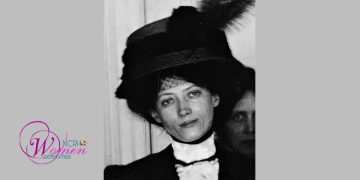Harriet Tubman wasn’t just a figure in American history—she was a beacon of hope, a relentless fighter for freedom, and a woman whose courage forever changed the course of history. Born into slavery in 1822 in Maryland, Tubman’s early life was marked by hardship and oppression. But her spirit was indomitable. After escaping slavery in 1849, she didn’t just seek her own freedom, she dedicated herself to helping others find theirs.
Harriet Tubman became a conductor on the Underground Railroad, a network of secret routes and safe houses that helped enslaved Black people escape to free states and Canada. For more than a decade, she made 13 daring missions back to the South, guiding around 70 people—family, friends, and strangers alike—toward liberty. Her knowledge of the terrain, her fierce determination, and her unshakable belief in freedom made her one of the most effective leaders of the Underground Railroad.
But her heroism didn’t end there. During the Civil War, Harriet Tubman worked as a spy, nurse, and cook for the Union Army. She was the first woman to lead an armed expedition during the war, guiding a raid in South Carolina that freed over 700 enslaved individuals. Tubman’s strategic intelligence and unyielding bravery made her a symbol of Black resistance and resilience.

After the war, Harriet Tubman continued her activism, fighting for women’s suffrage and advocating for equality until she died in 1913. Her legacy lives on not just in the history books but in the hearts of those who continue to fight for justice and freedom today.
Harriet Tubman wasn’t merely a survivor—she was a leader who shattered the chains of injustice and helped others to rise. Her life is a testament to the power of the human spirit and the unrelenting drive to achieve freedom, no matter the cost.
























